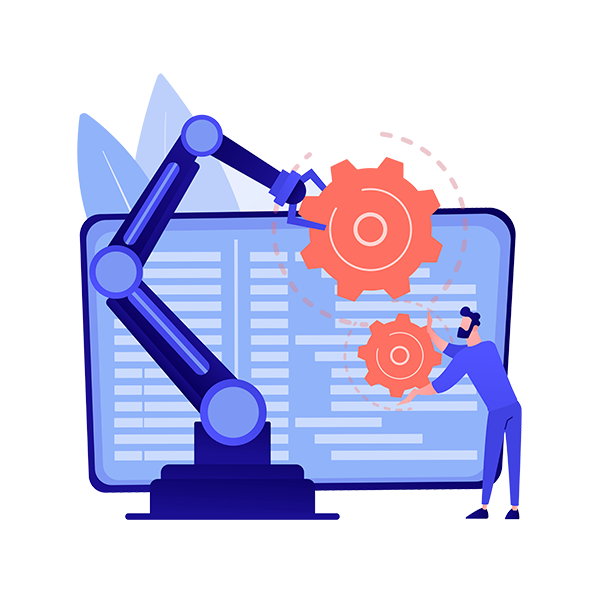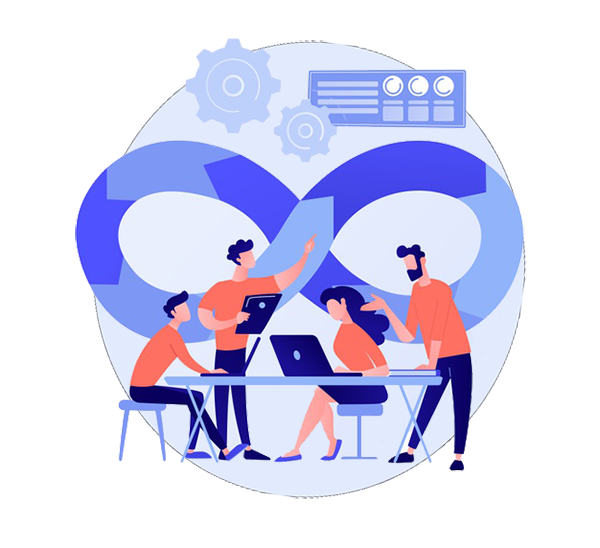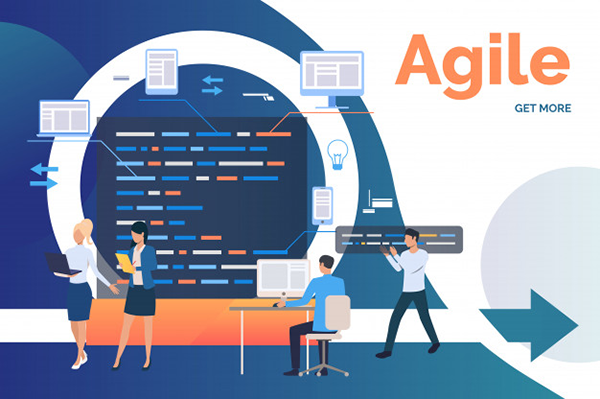Infiwave offers customized Test Solutions suited for Products at different stages of product life cycle. We have a global pool of skilled testers, specialist testing approach, and global delivery model. Infiwave is helping its clients transform their QA function to dramatically reduce production defects, reduce QA cycle times and lower overall QA costs.
The offering include
- Automation Testing.
- Agile Model.
- DevOps Test.
- Functional Testing.
- Load and Performance Testing.
- Manual Testing.
- Mobile Application Testing.
- Regression Testing.
- User Acceptance Testing.
Our Test Services offer to
- Improve the Software Quality.
- Reduce the total cost of testing.
- Shorten time to market cycle.
Automation Testing
The process of performing different Types of Tests using software tools without manual involvement, and comparing the actual results with expected results. The main benefits of Automation tests are following :
- Integration with the Build environment to trigger the scripts on demand 24/7 without any manual intervention.
- Possibility to run multiple instances of the same tests in parallel.
- Speed of execution is faster compared to manual testing.
- API level testing with complex data structures which otherwise are not feasible with human effort.
- UI level automation with cross checking of minute details and achieve the same level of consistency throughout all runs which otherwise human effort tends to lose focus.


Manual Testing
Manual testing is the process of identifying bugs and defects in software without the help of software testing automation tools. In this procedure, QA manual testers execute test cases manually while considering the end user’s perspective. Manual software testing ensures that software functions as per the client’s specific requirements. Therefore, software manual testers need to plan and implement test cases for all the core features of the application while also generating test reports manually.
Mobile Application Testing
Mobile testing is the process by which mobile apps are tested for functionality, usability, and consistency. Mobile testing can be done manually or with automation. Mobile devices are full of special features that make testing mobile apps more challenging than testing desktop web applications


Functional Testing
As part of the Functional Testing, the software is exercised to check whether it meets the Functional specifications/ requirements. This type of testing ensures that the Functional requirements/specifications are properly satisfied by underlying software.
The functional testing usually does not require internal knowledge of the software being testing rather it requires the domain knowledge of the Functional specifications / requirements and hence it uses Black box testing model.
User Acceptance Testing
The objective of User Acceptance Testing is to determine the system is behaving as per the Acceptance Criteria. Usually, Acceptance criteria is authorized by the product Business stakeholders unlike the Functional Tests which are developed by software development team.
This testing is performed when the system development is complete and to get the acceptance from Business Stakeholders.


Load & Performance Testing
The Load & Performance Test are non functional tests which help in assessing the stability & responsiveness of System under different load conditions. These tests are performed as part of software development phase to assess the stability of the system.
As part of the Load Tests the System stability is characterized by performing predetermined number of parallel transactions with the system. The load testing also helps in assessing stability of the system when run for prolonged duration of time.
As part of the Performance Tests the System responsiveness is measured under predetermined load conditions. It helps in identifying bottlenecks in system implementation logic and fine tune system to deliver optimal performance characteristics.
Regression Testing
In Regression Tests, the existing Functional and non-Functional tests are performed to ensure that the System behaves as per the expected behaviour. Usually, Regression testing is performed after making any Changes to the system to ensure that the System behaviour is not changed after introduction of new changes.
Most Enterprises are hesitant to deploy new versions of Software as they need to re-qualify latest software to ensure previous functionality is not regressed. Hence Regression Testing is very important part of the Software Development life cycle to ensure that previously working functionality is not broken due to the introduction of new changes.


DevOps
DevOps represents a change in software development, focusing on rapid software service delivery through the adoption of agile, lean practices in the context of a system-oriented approach. DevOps is the next evolution beyond agile to take lean practices and extend them to the full ecosystem of software development. The disciplines required to build, deploy, maintain, support, and enhance technology-based capabilities needed by the organization to create business value. In adopting a DevOps development process, you are deciding to improve the flow and value delivery of your application by encouraging a more collaborative environment between operations and development teams.
Agile
AGILE methodology is a practice that promotes continuous iteration of development and testing throughout the software development lifecycle of the project. In Agile approach, both development and testing activities are concurrent, in contrast with the Waterfall model. Agile software development methodology is one of the effective processes to turn a vision for a business need into software solutions. Agile is a term used to describe software development lifecycle that employ continual planning, learning, improvement, team collaboration, evolutionary development, and early delivery.

Industries we serve
No matter what the stage of your software is, it requires care and attention. For that, we are here.

Education

Health Care

E-commerce

Financial Services

Media & Telecom
Speak With Expert Engineers.

Call Us

Office Address
INDIA - 176, Industrial Business Park, Chandigarh
FRANCE - 455, Promenade des Anglais , 06200 Nice
Free Consultation with Technical Experts
Accelerate your journey towards digital transformation with Infiwave Solutions. Let us know how we can help you


